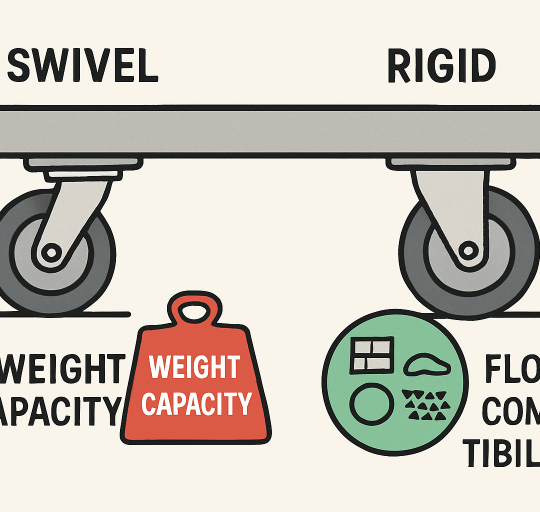Table of Contents
Can you get a job with Python?
The Information Technology or IT industry has been a major contributor to the growth of world economies. This sector contributes around 8% to the national GDP of India. The hiring momentum is significantly higher compared to previous years and the companies now look for specialized skills to find the right candidate for their open positions. Gone are the days when developers used to land a great job with just Java, C++, SQL, or front-end skills. Present-day software developers are expected to know much more. For example, full-stack developers are in high demand today as they are skilled in both front-end and back-end development along with handling databases.
Another challenge for developers is to keep on updating themselves as many new technologies, frameworks, and programming languages are evolving in this dynamic IT landscape. If we were to pick one language that has challenged the dominance of Java, then only one name would come to your mind, and that is Python language. Programmers are rushing to learn this relatively new language as it has created a lot of buzz from the past few years. Right from web application development, game development to data science and machine learning, Python is being used in a wide range of applications.
When you explore any job portal, you are sure to find python as a must-have skill whether you want to apply for a data scientist, data analyst, full-stack developer, big data engineer, or machine learning engineer role. If Python is being considered as one of the fastest-growing programming languages, then it definitely makes sense to learn more about it.
This article lets you know more about Python, how learning it can help you land your dream job, and why professionals are taking a Python online course to develop this skill.
An Introduction to Python Language
As defined by Python.org, Python is an interpreted, object-oriented, high-level programming language with dynamic semantics. It is a powerful and open-source language that is ideal for rapid application development. One of the best things developers love about Python is its easy English-like syntax, offering increased productivity, and a rich set of libraries to support common programming tasks. Python always makes it to the top spot on various surveys regarding developers conducted by Stack Overflow and TIOBE Index.
Python is used for a range of applications like:
- Web and internet development: Frameworks like Django and Pyramid are offered by Python along with support for many internet protocols.
- Scientific and numerical computing: NumPy, SciPy, Pandas, and matplotlib are the most useful Python libraries used for data analysis and machine learning applications.
- Education: Anyone who wishes to understand the programming fundamentals can begin with Python programming as it is user-friendly and has a simple syntax.
- Desktop GUIs: Python offers a TK GUI library used to build a flexible, usable, and reliable desktop application with a Graphical User Interface (GUI).
- Software development: Python features a dynamic type system, automatic memory management, and other programming paradigms to develop large and complex software applications.
- Business applications: Python offers Odoo and Tryton platforms for building Enterprise Resource Planning (ERP) and e-commerce systems.
Career Prospects after Learning Python
Python skills are highly valued in the technology sector – experience in Python has become a key piece of the puzzle in landing your dream job. Here are some of the job roles that require using Python every day.
Software developers – They use Python language to write code for building an application. Python scripts are also used for controlling the testing of code for errors. Knowledge of Python web frameworks also comes in handy for this role.
Data Analyst – Using Python libraries like SciPy and Pandas, data analysts are able to sift through large sets of data to find hidden trends and patterns and draw meaningful insights for the stakeholders of the company.
Financial Advisors – Python has libraries like Scikit and PyBrain to perform predictive analytics that help all financial service providers. Some financial companies have also used Python for building ATM software to enhance payment processing.
Machine Learning Engineers – These professionals use Python to perform A/B testing, create and implement ML algorithms and data pipelines, assist in operations, and produce data-based products or services.
Apart from the above job roles, business analysts, data scientists, GIS analysts, full-stack developers, and other related job roles require proficiency in Python.
If you want to get an idea regarding the demand for Python-related jobs in India, then you should take a look at the figures released by naukri.com (a popular job portal):
The above table depicts the number of job openings on major job portals like Naukri, Indeed, Monster, and LinkedIn that required Python skills in India by the end of 2019. With such fascinating numbers, it is safe to say that Python skills are in high demand and don’t seem to decrease any time soon.
Ready to Learn Python?
The information provided above is sure to lure you into a career that demands Python skills. With companies embracing digital transformation and advanced technologies like artificial intelligence, machine learning, and big data analytics, it is evident that Python is here to stay. As such, you can be confident about a good career growth if you start as a Python programmer.
When it comes to learning Python, we would recommend you to take online courses. Though there are many resources to help you start on your own, learning from industry experts would give you a competitive edge over your peers. This is because the trainers tailor their content to suit the learner’s needs and is aligned with the corporate expectations. So, enroll in a Python training course from a reliable institute and learn all the important concepts from scratch. Working on some associated industry projects would further add to your understanding of the language.








